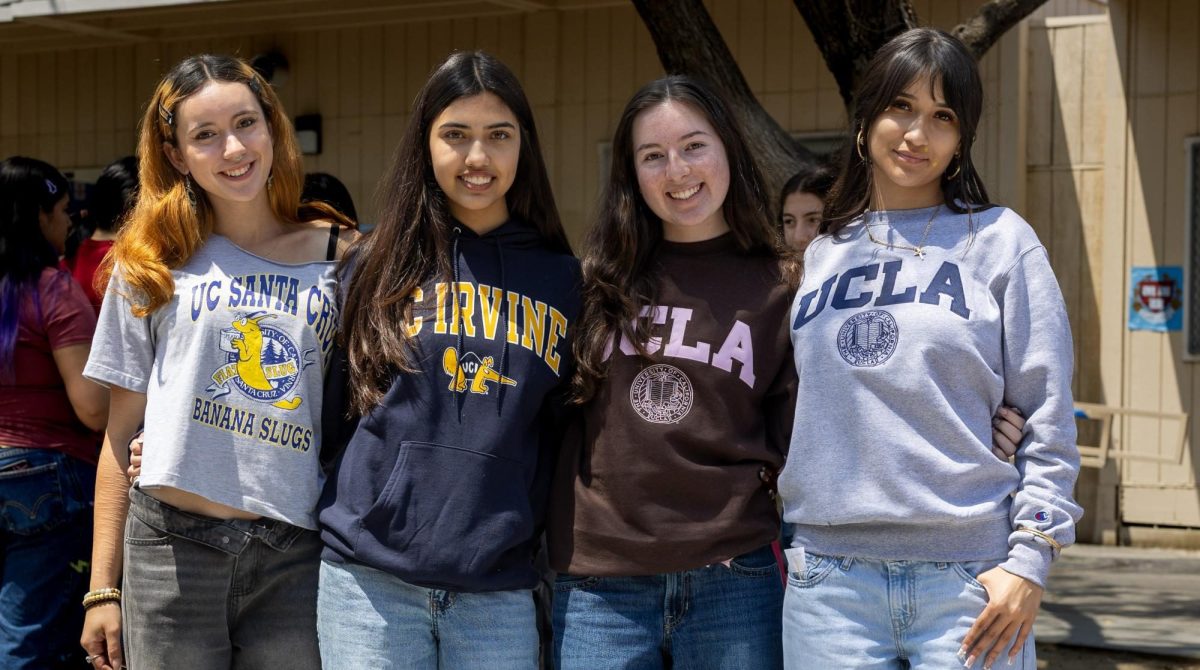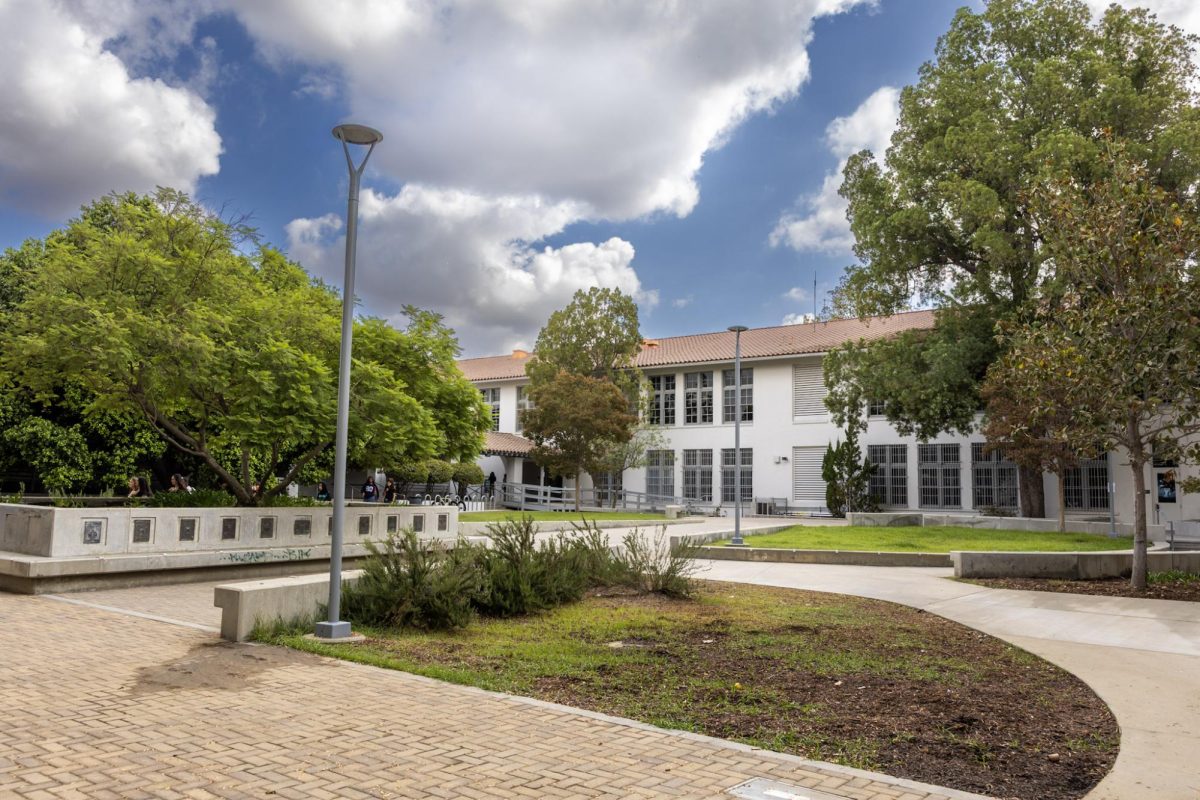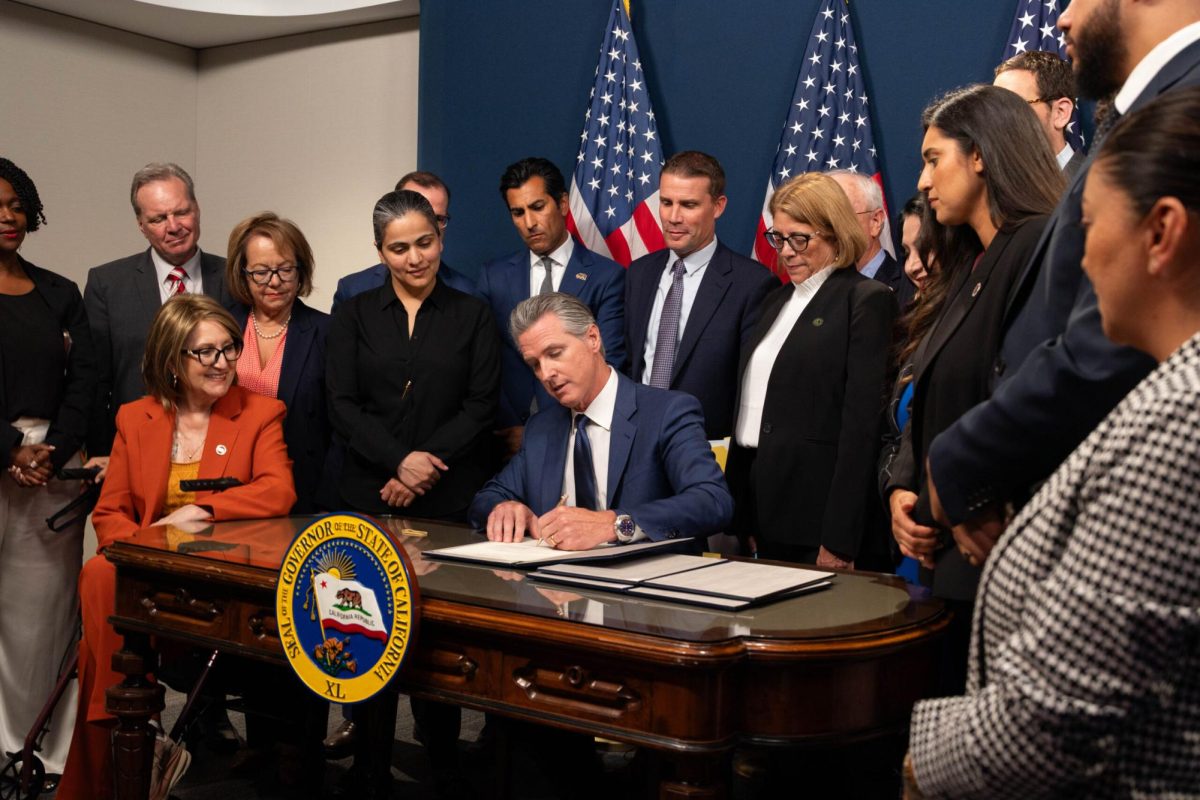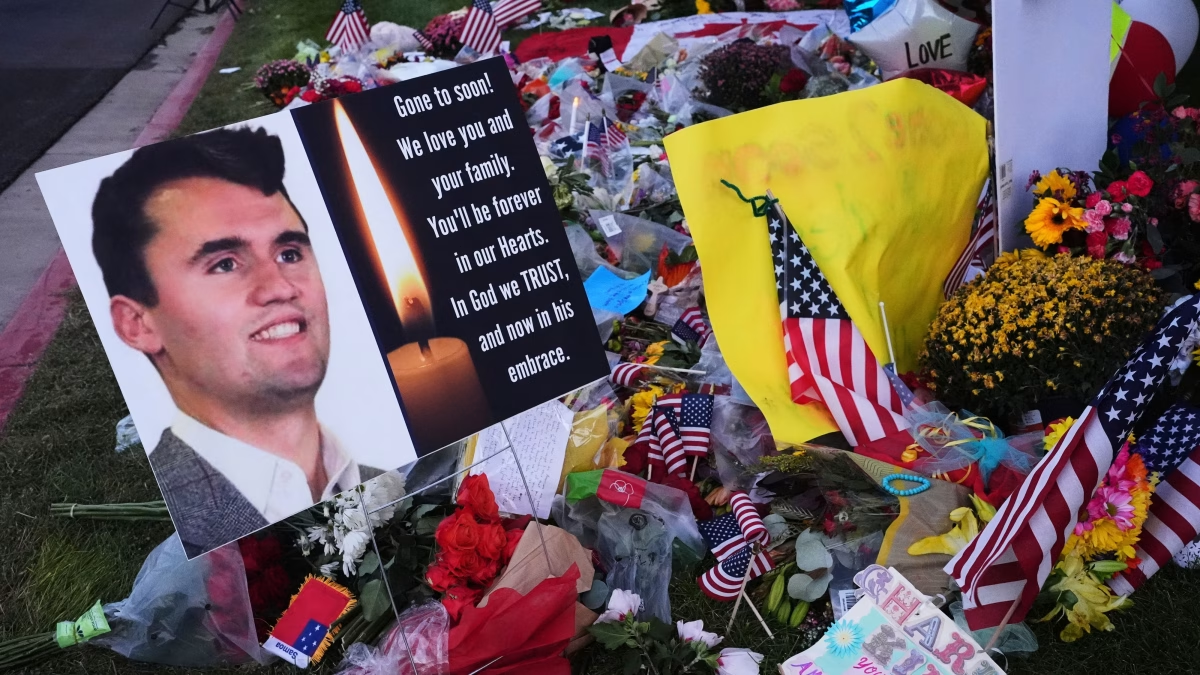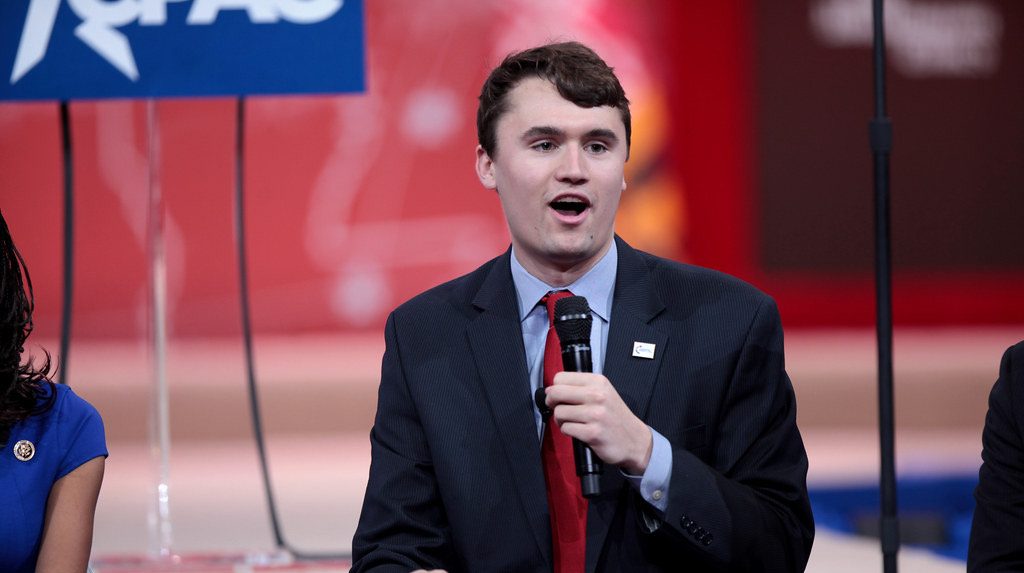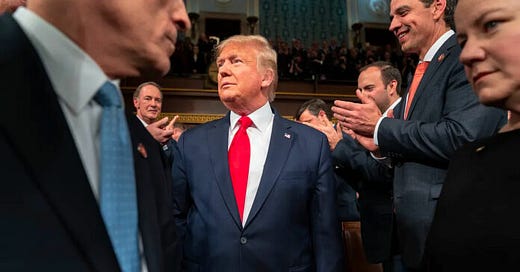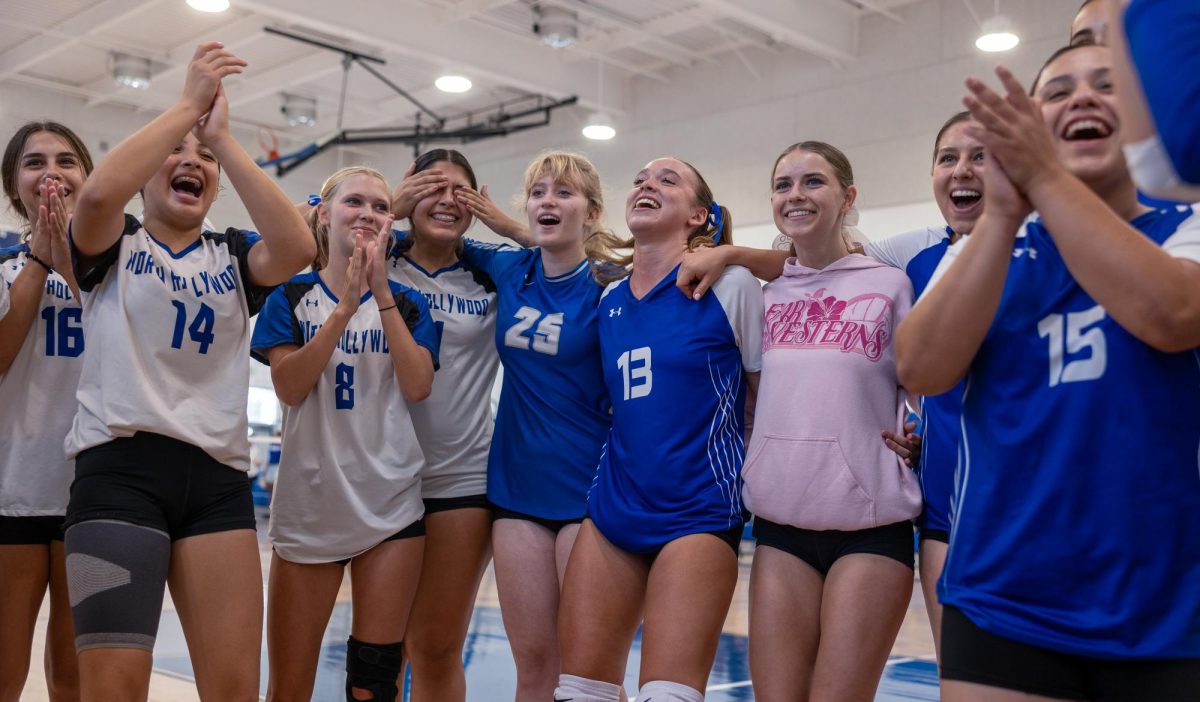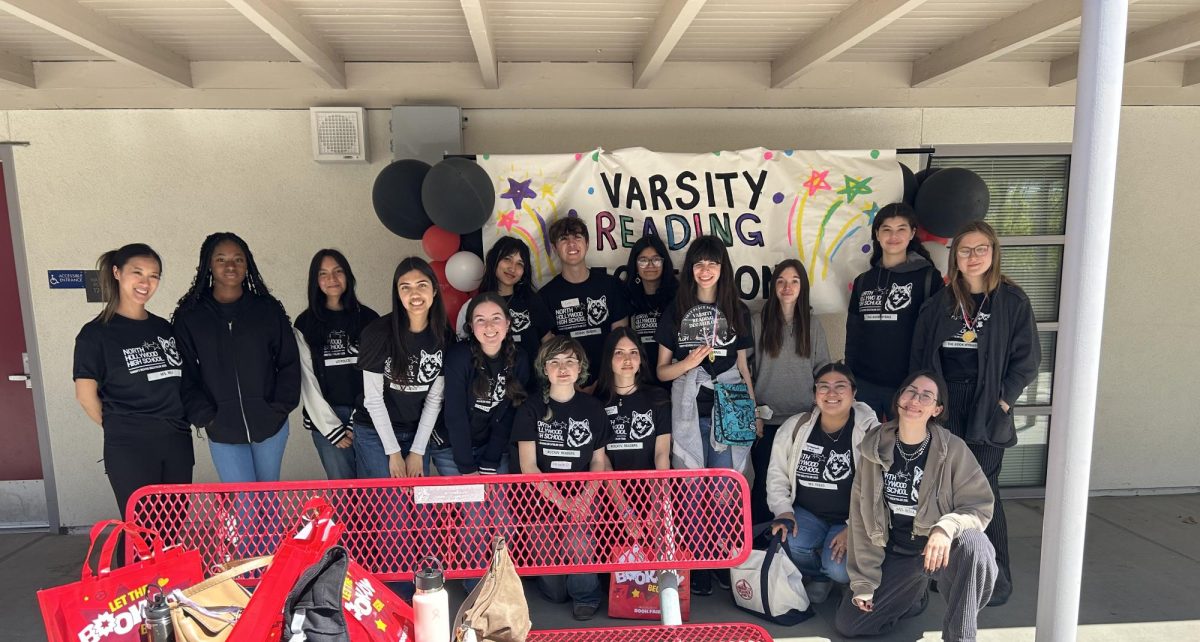A sweeping federal action to revoke the visas of hundreds of international students has sent shockwaves across the U.S campuses, disrupting academic lives with little warning and prompting growing concern among students about the ambiguous nature—and potential motivations—behind the enforcement.
Across the country, foreign students—from China, India, and the Middle East—have seen their legal status in the U.S. abruptly terminated by the Department of Homeland Security, often without clear explanation or the opportunity to appeal. They have also targeted students who are in support of Palestine, and ones who participate in activism. In some cases, students have received unclear notices referring to “criminal records checks,”; in others, there has been no notice at all.

“The kids that are getting their visas revoked are kids of color,” said Ms. Ariana. “That’s not fair, And it’s not fair because they bank on a lot of international students. A lot of their population comes from Asian countries, but they’re also targeting students from the Middle East, Mexico, and other countries.”
Ms. Ariana, Upward Bound counselor also stressed the need for awareness around legal support. “I know a lot of the campuses, a lot of the dream centers have lawyers. You can actually get free lawyer meetings. It’s a consulting appointment—and it’s free. Knowing who to go to first if that happens is really important.” She added that campuses like UCLA and UC Davis—with their own law schools—could be particularly helpful in offering legal consultation and support for affected students.
According to reporting by Berkeleyside and The Associated Press, more than 1,300 international students are believed to have been affected nationally. The revocations have impacted several campuses within the University of California system—including UC Berkeley and UCLA—where dozens of students have lost either their non-immigrant student visas or work authorization ones.
The visa terminations appear to be part of a broader enforcement, which has framed the actions as necessary to protect “national interests.” Secretary of State Marco Rubio, announced in late March that the U.S. had revoked approximately 300 student visas belonging to individuals allegedly acting “counter to national interests,” including some involved in protests related to the war in Gaza.
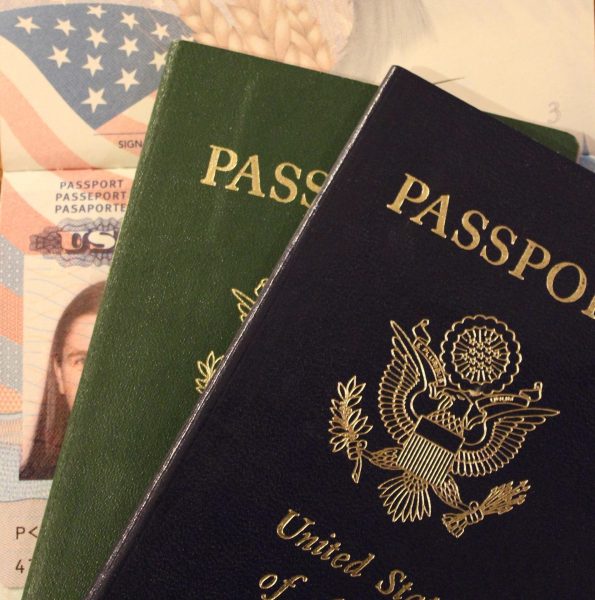
However, legal complaints filed by international students suggest that many of the affected individuals have no criminal records, protest history, or ties to national security concerns. Rather, they were simply caught in an opaque and far-reaching bureaucratic sweep.
A federal lawsuit filed in California on behalf of a group of international students—including one enrolled at UC Berkeley—argues that the government violated their constitutional rights by revoking their legal status without due process. Other lawsuits have followed in states such as Wisconsin, New Hampshire, and Montana, where judges have issued temporary restraining orders preventing the deportation of students while the cases are reviewed.
Immigration advocates warn that the recent visa terminations reflect a troubling shift in how international students are treated—not as future scholars, engineers, and researchers, but as criminals by default.
The federal government maintains that the visa revocations are consistent with longstanding policies and protocols, but the secrecy surrounding the decisions has eroded trust among students and universities alike. In many cases, students were never informed of the reason for their termination,only finding out through campus international offices or when attempting to renew their status.
The consequences are immediate and severe: loss of work authorization, forced departure from the U.S., revoked access to education, and significant emotional distress. Students in the OPT program—who make up a large share of those affected—are particularly vulnerable, as many are caught mid-employment or transitioning into professional fields.
At UC Berkeley, 23 students had their records terminated, including those in both undergraduate and graduate programs. The University of California system acknowledged the issue in a public statement, emphasizing that it is monitoring the situation and committed to supporting those affected.
Ms. Fernanda, Early Academic Outreach Program counselor, echoed the call for awareness and preparedness. “Most of the UCs—not all—have Dream Centers,so just knowing who the Dream Resource Management is, you can ask questions or just go in to be informed as to what’s going on. I feel like a lot of things are going to be happening pretty quickly in the next few years.”
Her advice to students? Stay informed. “Education is power, knowledge is power, and if they’re able to ask the right questions or go to the right people, then there’s a kind of sense of security for them.”
Fernanda still acknowledged the emotional toll. “You’re seeing a lot of decline of POCs in universities and it might be difficult to feel welcome now—especially now.”
As campuses and communities continue to tackle the implications of this federal action, students are left to navigate an uncertain future, hoping their academic dreams won’t be deferred—or erased altogether.

